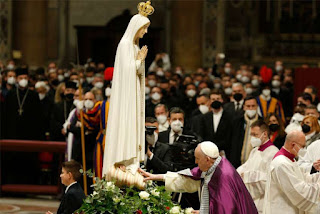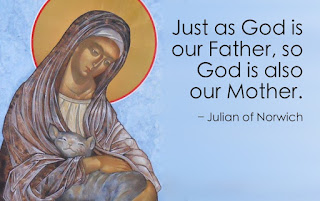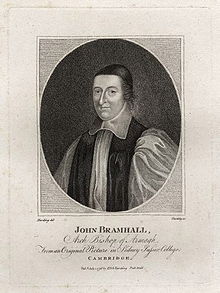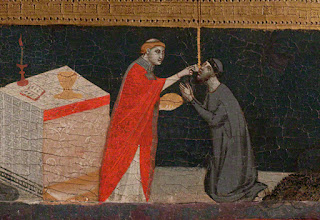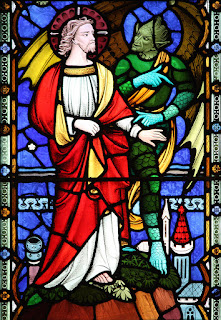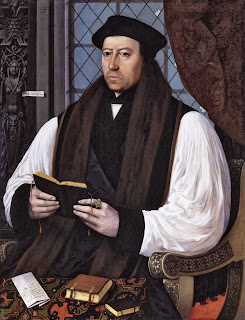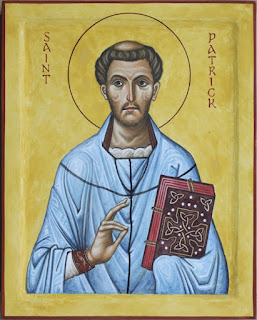Zwingli the Thomist, Thomas the Zwinglian, Augustinians both - Part I
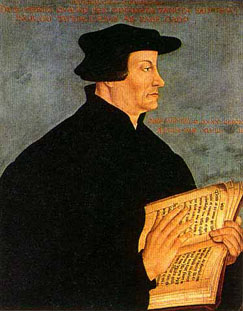
Perhaps one of the most surprising aspects of Brett Salkeld's excellent Transubstantiation: Theology, History, and Christian Unity (2019) is Zwingli's appearance in the discussion of what is shared in eucharistic theology by Thomas and Calvin: On this, of course, Calvin (and Zwingli too!) follows Aquinas rather precisely ... How ironic, then, Calvin's reputation as a Zwinglian is based largely on his theology of signs and his affirmation of the ascension, two points on which he is in strict agreement with Aquinas! Now, to be clear, Salkeld does not propose a rehabilitation of Zwingli (such as laudable Practice has previously suggested). For Salkeld, Zwingli - unlike both Bullinger and (more fully) Calvin - still proposes that the bread and wine in the Supper are "signs of an absent reality". Leaving aside, for the moment, the fact that Salkfeld does not address those statements by Zwingli which clearly confess a true participation in Christ in the Supper, it ...

